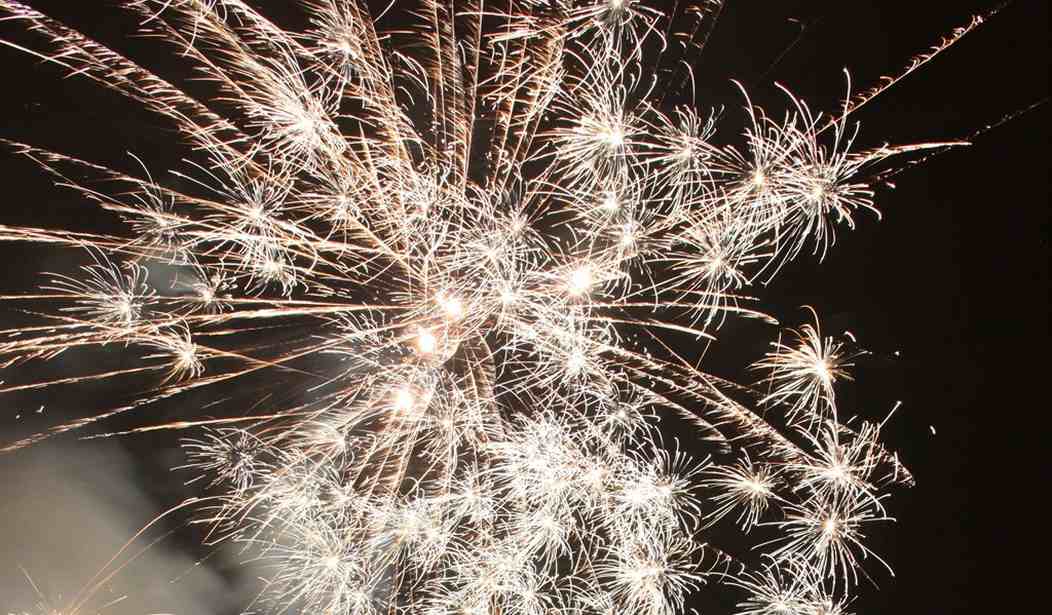Independence Day is an important holiday for all Americans. Each July Fourth we celebrate that moment in history when the Second Continental Congress formally adopted the Declaration of Independence -- the earth-shattering document that asserted man’s natural right to “life, liberty and the pursuit of happiness” -- and the new nation’s declared sovereignty from the humiliating tyrannies of an imperial power. But it’s also worth mentioning, too, that the impending success of the “American experiment” was hardly a foregone conclusion -- despite what so many of us believe today or perhaps were taught in school.
“No event in American history which was so improbable at the time has seemed so inevitable in retrospect as the American Revolution,” historian Joseph J. Ellis wrote in his Pulitzer Prize winning book Founding Brothers: The Revolutionary Generation. Indeed, Americans today perhaps just assume that under the leadership of Washington, Adams, and Jefferson -- during those early and chaotic years -- the United States would eventually become, in Ellis’ words, “the oldest enduring republic in world history.”
Not so.
“No one present at the start knew how it would turn out in the end,” Ellis argues, least of all the Founders themselves. This is a fact I suspect most of us overlook.
And yet the United States today is the beau ideal for many developing nations. Our most cherished political institutions -- a bicameral legislature, an autonomous judiciary, and a duly elected chief executive -- serve as a template for burgeoning democracies everywhere. Clearly, the United States has created, over time, a framework that has ushered in unprecedented opportunities for advancement and social mobility. For example, when the nation was founded in the late eighteenth century, there were only 2.5 million people living in the United States. Today there are more than 300 million. One hopes that this is precisely what the Founders imagined when they spoke about forming “a more perfect union” -- a fluid yet imperfect society that is continually developing and growing and becoming more prosperous.
Recommended
But it seems to me we are facing a perilous future. Too many of us seem to disregard the Founders as nothing more than “dead white men” -- statesmen who most notably failed to secure citizenship rights for all Americans and resolve the slavery question in their own time. Liberals, for their part, often scoff when conservatives show even the slightest hint of reverence for the nation’s Founders and the principles they embraced. But those progressives forget, perhaps, that the 56 delegates who founded the nation established, for all of us, the very pillars of freedom and opportunity that make living in the United States today so highly regarded throughout the world. If for no other reason -- on this quintessentially American holiday -- this is why we should celebrate and remember them.
We have much to be grateful for.

























Join the conversation as a VIP Member